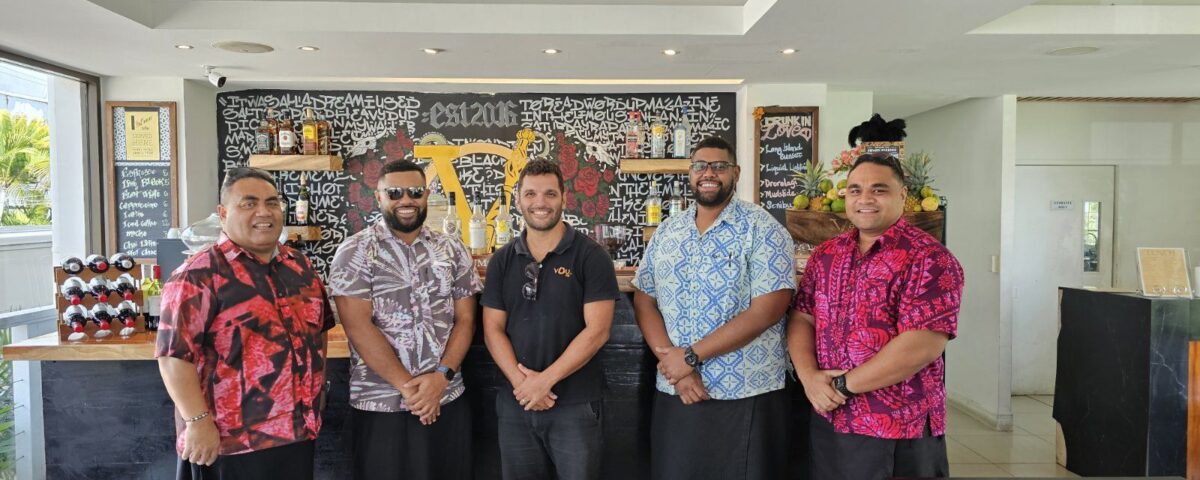Unified plastics ban strengthens Pacific tourism resilience
SPTO’s regional commitment to phase out single-use plastics reframes sustainability as a competitive strategy for Pacific tourism, protecting natural assets, reducing costs and strengthening the region’s global market position.

The South Pacific Tourism Organisation’s (SPTO) 13 November 2025 regional commitment to phase out single-use plastics marks one of the most consequential policy shifts in the sector’s modern history. Rather than treating environmental protection as a peripheral obligation, the Pacific is repositioning sustainability as a central pillar of tourism competitiveness—the foundation upon which visitor demand, brand strength and long-term revenue depend.
Tourism remains the Pacific’s dominant export, contributing more than a quarter of GDP in several island economies. Yet the region’s greatest asset—its natural environment—is also its greatest vulnerability. Coral bleaching, marine litter, coastal degradation and rising waste volumes threaten both ecological integrity and economic performance. SPTO’s coordinated approach recognises that fragmented national policies were insufficient to confront a systemic challenge affecting the region’s shared brand value.
The mechanism behind the initiative is regional harmonisation. A unified phase-out creates regulatory consistency for airlines, cruise operators, hotels and tour companies operating across multiple jurisdictions. It also generates economies of scale in procurement, waste-management investment and distribution of sustainable alternatives. Suppliers and FMCG producers responding to stronger demand signals can begin producing packaging tailored to island ecosystems.
Tourism operators have increasingly championed this shift. Global traveller surveys show surging preference for environmentally responsible destinations. With European, North American and Asian visitors already adjusting their travel choices based on sustainability standards, Pacific operators recognise that failure to protect the region’s natural capital risks long-run market share erosion. For many, this initiative is as much about commercial survival as environmental stewardship.
Economic benefits extend into local communities. Reducing plastic use lowers municipal waste-management costs, alleviates pressure on overflowing landfills, and protects marine ecosystems vital for fisheries and coastal livelihoods. The initiative aligns with climate-resilience programmes, offering access to climate finance for recycling systems, waste-management infrastructure and circular-economy business models.
Implementation challenges remain significant. Pacific economies face high import dependence, limited recycling infrastructure and complex logistics across dispersed islands. SPTO’s strategy incorporates technical support, coordinated data systems and partnerships with private-sector stakeholders to support transition planning. Small tourism operators may require targeted subsidies or phased compliance schedules to adjust without financial strain.
At the geopolitical level, the unified plastic phase-out positions the Pacific as a global rule-setter among small-island tourism regions. By establishing forward-leaning environmental standards, the region strengthens its negotiating power in climate, tourism and trade forums, while setting a benchmark for the Caribbean, Indian Ocean and other island blocs.
Ultimately, the initiative reflects a strategic pivot: sustainability is no longer a defensive effort to mitigate environmental decline but an offensive strategy to secure the Pacific’s competitive advantage. By protecting the ecosystems that underpin tourism demand, the region is safeguarding its economic future.





